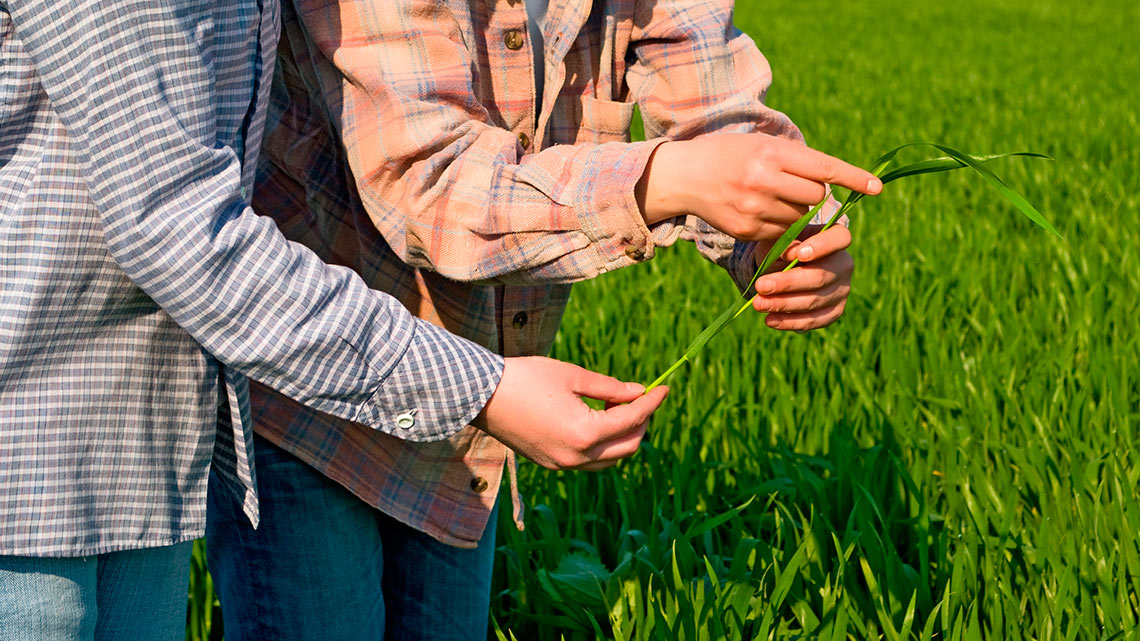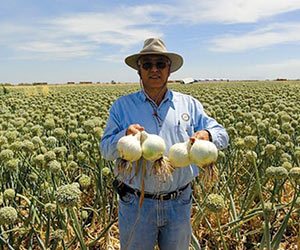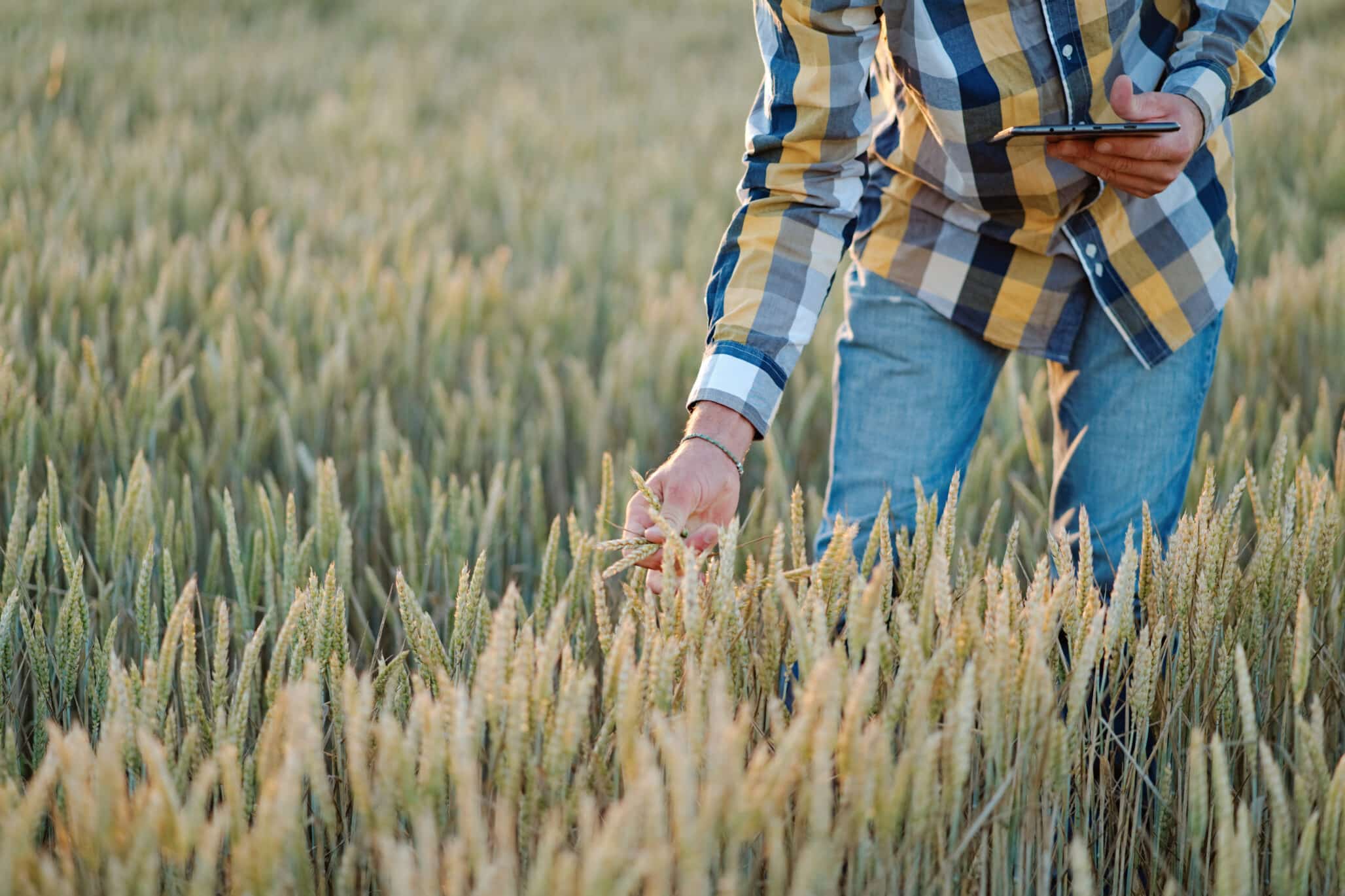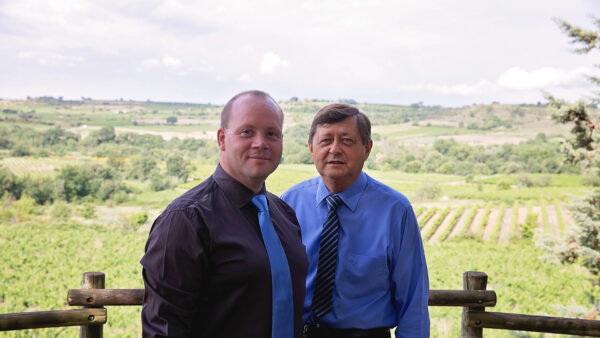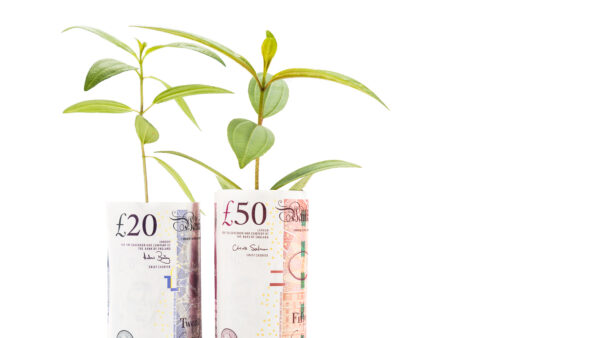When it comes to expanding in international markets, experience and a good business plan can mean the difference between failure and success.
Expanding into a market outside your country’s borders can be a source of anxiety, and rightly so. Selling seed abroad comes with risks and challenges. The No. 1 mistake seed companies make is going too fast and not fully considering all the factors
and the risks involved, says Dean Cavey, Verdant Partners managing partner.
“A good business plan is essential,” Cavey says. “Trust is also huge. You have to be able to retain people with whom you have a very high level of trust. That might be the most important factor — finding the right person or organization you want to do business with, so you can better manage the risks.”
With 35 years of experience in the global seed, horticulture and agribusiness industries, Cavey has provided advice to countless seed companies ready to take the plunge into foreign markets. He says wonderful benefits await those who do, but those benefits can’t be realized unless you successfully navigate the turbulent waters of the international marketplace.
Cultural differences between countries, Cavey says, are often overlooked. “For example, a lot of people lump Argentina and Brazil together and say ‘OK, those are the two big agricultural markets in South America,’ and think of them as the same,” he says. “Nothing could be further from the truth.”
Brazilians speak Portuguese and Argentines speak Spanish. Not only are there language differences, but also their business ethics differ. “Politics and economics play a major role in establishing a presence in a new country or market,” Cavey says.
Success Hinges Upon Experience
As president of Golden Valley Seed, a California vegetable seed company, Nassif Burkhuch knows the risks involved in entering international markets, especially ones in developing countries. Burkhuch has overseen sales to the Middle East, North Africa and Central and South Americas.
Burkhuch, who hails from Lebanon, says it helps to have personal experience with other languages and cultures, or someone on staff who does. “A lot of North African countries, for example, are French- and Spanish-speaking,” he says. “If you don’t have anyone who speaks those two languages, it’s hard.”
A part of Golden Valley Seed’s success is attributable to Burkhuch’s ability to speak French, Spanish, Italian and Arabic.
Culture impacts seed sales in many different ways, to the point where American companies are often at a disadvantage when selling to developing nations, Burkhuch says. Price haggling is a cultural mainstay in many parts of the world. “You have to know that whatever the price might be, it’s never the final one,” he says, noting that American companies in general don’t like that.
According to Cavey, smaller seed companies tend to have a harder time expanding into international markets. “Without that background in international sales that larger companies tend to have, it’s harder for a smaller company to go into a new market today,” he says.
But Burkhuch believes smaller companies have an inherent advantage. “Large American companies are beginning to forget about breeding to the specific needs and wants of people in other parts of the world,” he says. “Not a lot of companies are willing to grow multiple varieties, from small to extra large. For companies like ours, we can capitalize on that.”


